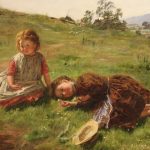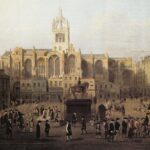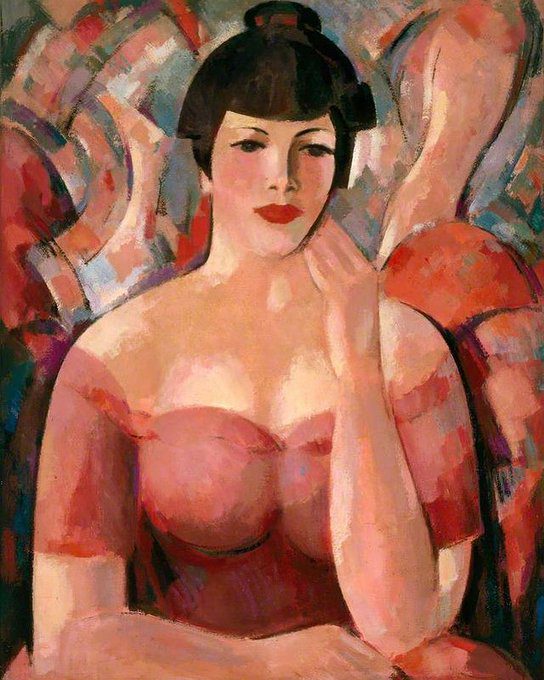
John Duncan Fergusson, a Scottish painter and sculptor, was born on March 9, 1874, in Leith, near Edinburgh, Scotland. He rose to prominence as one of the leading figures of the Scottish Colourist movement and played a significant role in the development of modern Scottish art during the late 19th and early 20th centuries.
Fergusson’s artistic journey began at the Edinburgh College of Art, where he studied under the guidance of renowned Scottish artists such as William McTaggart and Robert Gibb. Influenced by the French Impressionist movement and the avant-garde art scene in Paris, Fergusson’s early works reflected a blend of realism and impressionism.
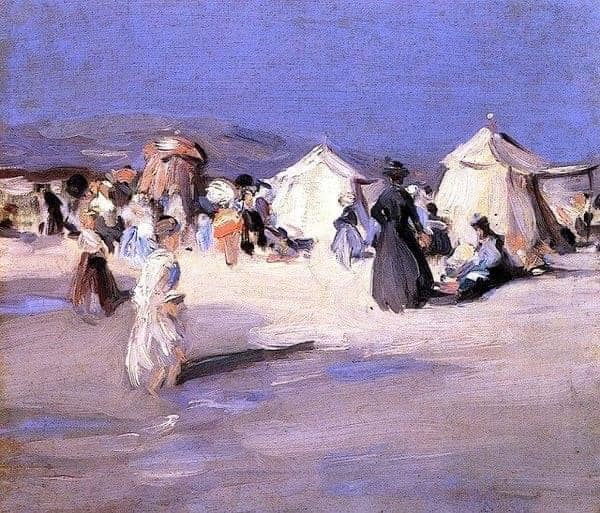
One of Fergusson’s most enduring themes was his exploration of light, color, and form. His paintings, such as “Les Eus” and “Le Manteau Chinois,” depicted scenes of everyday life with a bold use of color and a dynamic sense of movement. Fergusson’s ability to capture the vibrancy and energy of modern life endeared him to audiences across Scotland and established him as a leading voice in Scottish art.
Painter & Sculptor
In addition to his paintings, Fergusson was also known for his sculptures, which celebrated the beauty and vitality of the human form. His sculptures, such as “The Awakening” and “Dancer at Rest,” showcased his mastery of form and his ability to evoke emotion and expression through his work.
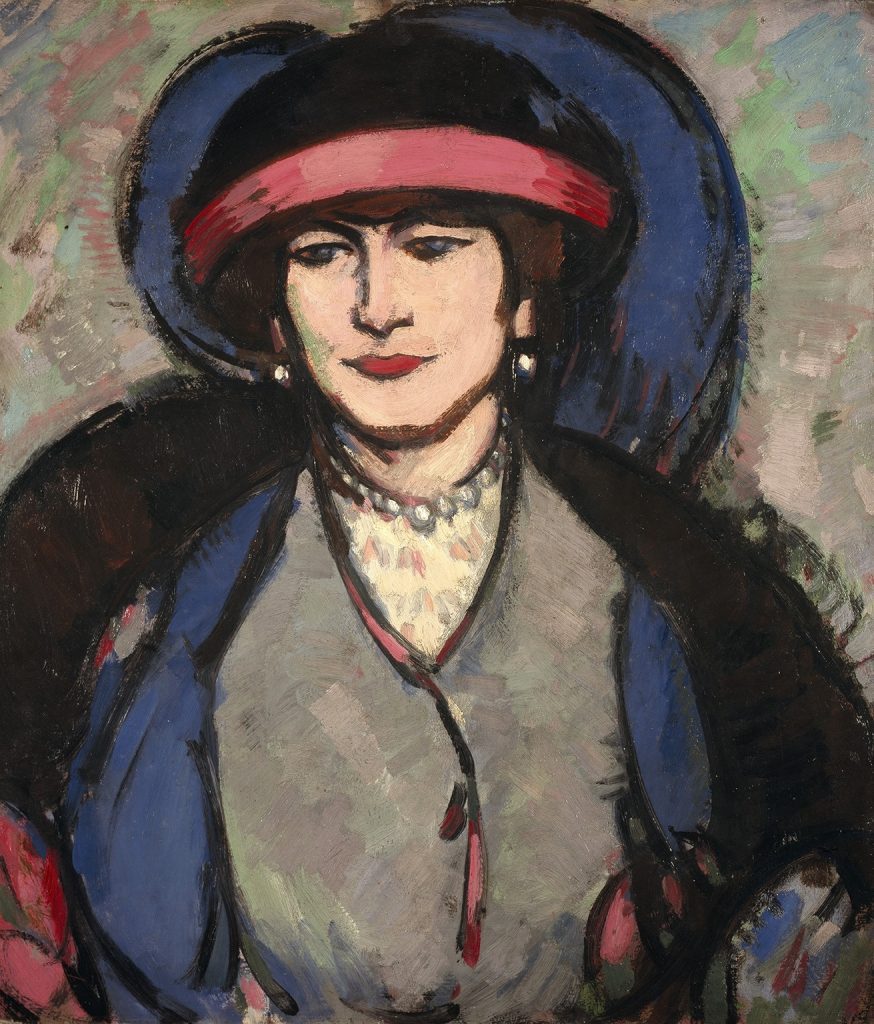
Despite facing personal and professional challenges throughout his life, including struggles with his mental health and financial difficulties, Fergusson remained dedicated to his art. His unwavering commitment to artistic expression and his unique perspective earned him widespread acclaim as one of Scotland’s most beloved painters and sculptors.
Scotland & Beyond
Fergusson’s legacy continues to resonate in modern-day Scotland and beyond, where his paintings and sculptures are celebrated for their artistic excellence and cultural significance. His works are featured in museums and galleries around the world and are treasured as a testament to the rich heritage and enduring spirit of Scottish art.
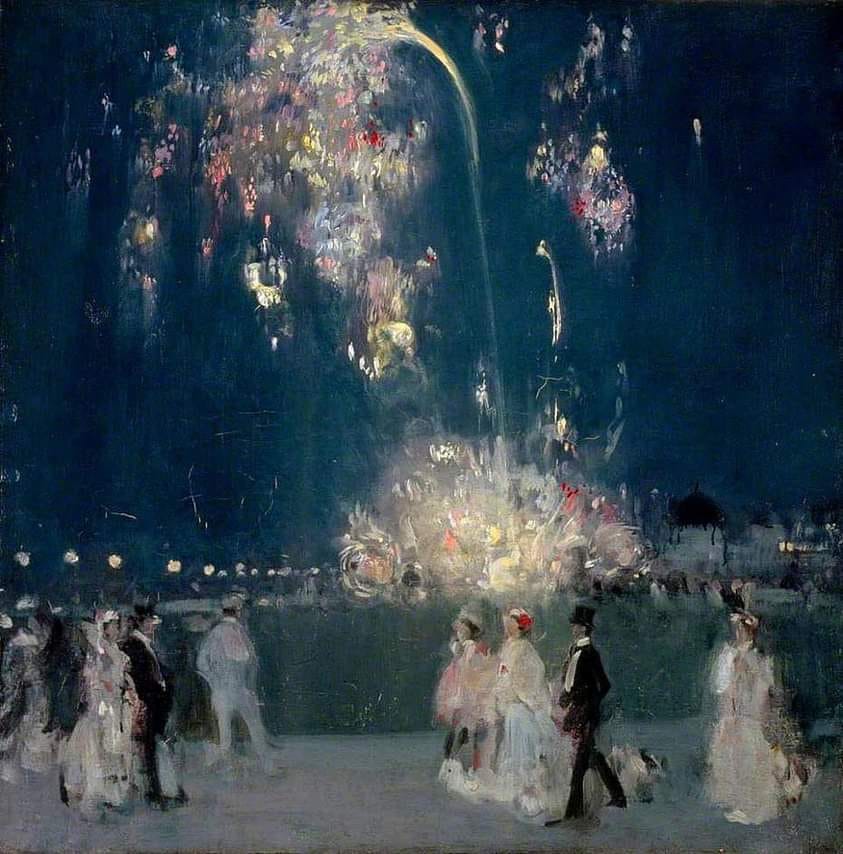
In conclusion, John Duncan Fergusson’s contributions to Scottish art are a testament to his innovative spirit and his ability to capture the essence of modern life on canvas and in sculpture. His works continue to inspire and captivate audiences, ensuring his place as one of Scotland’s most revered cultural figures.


